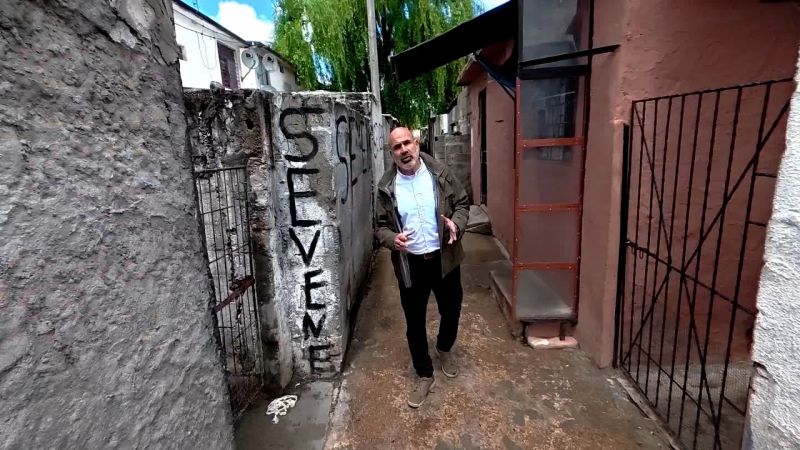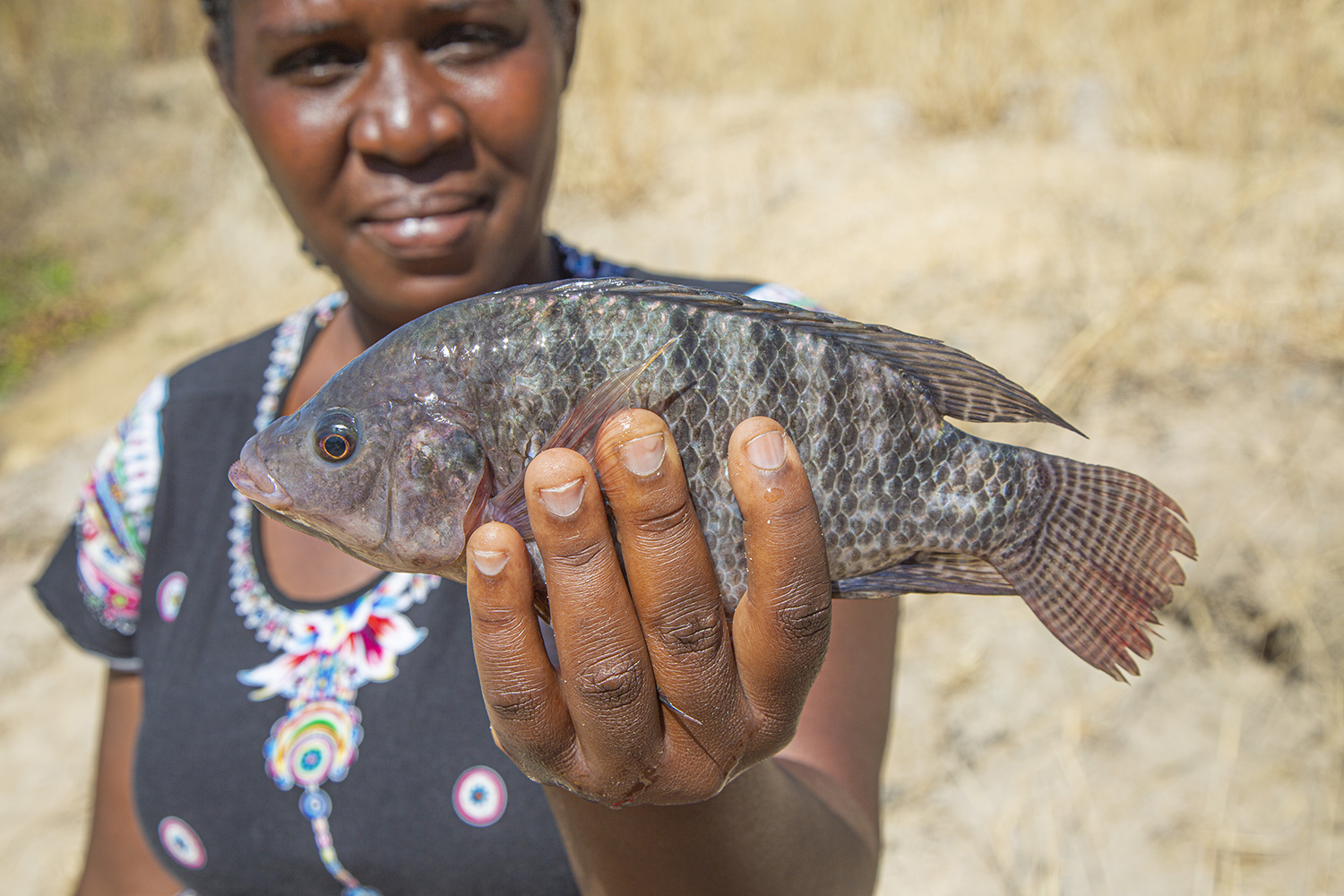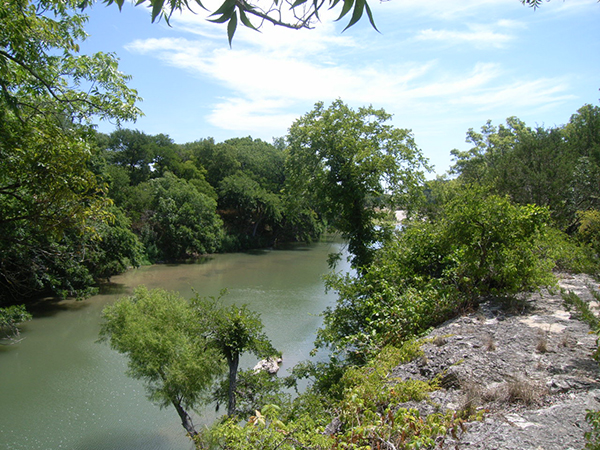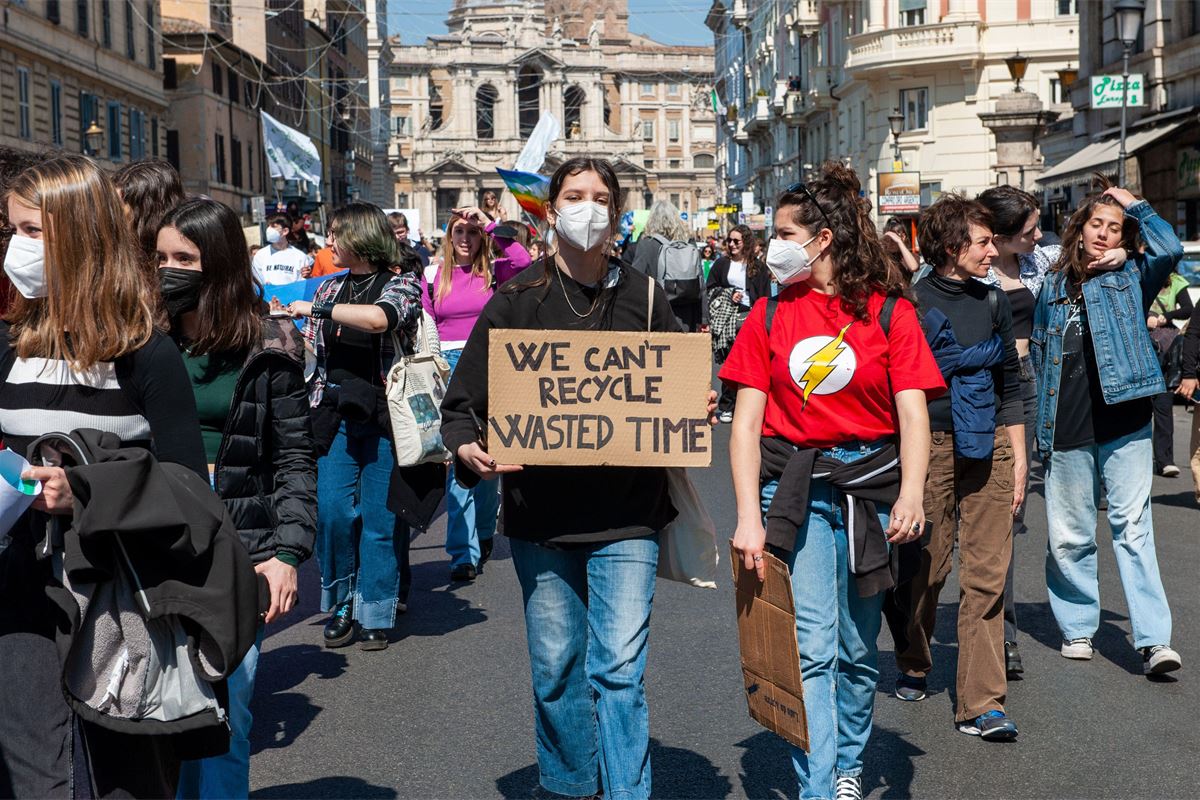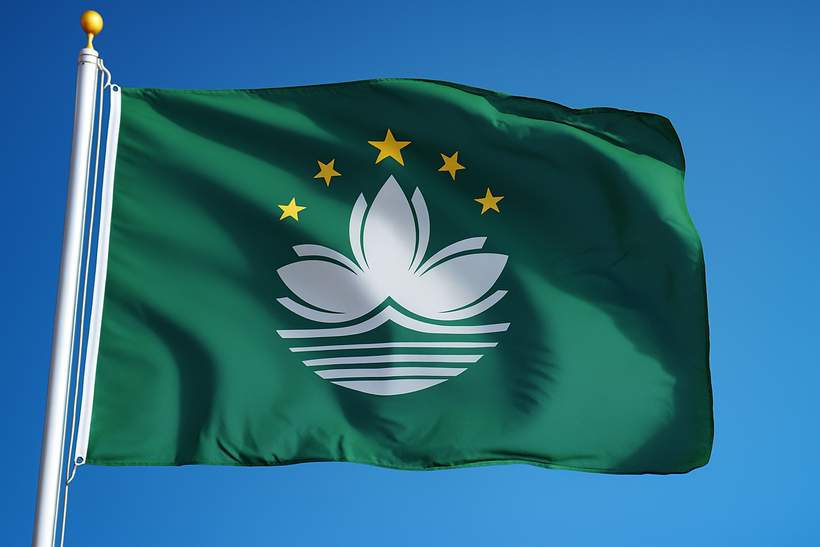France’s Tourism Strategy 2025: Embracing Longer Stays and Luxury Experiences to Combat Overtourism – Travel And Tour World

Report on France’s 2025 Tourism Strategy and Alignment with Sustainable Development Goals (SDGs)
Executive Summary
This report analyzes France’s revised tourism strategy, “Destination France,” which aims to mitigate the impacts of overtourism by shifting focus from visitor volume to value. The strategy emphasizes longer stays, luxury experiences, and regional diversification. This approach is strongly aligned with several United Nations Sustainable Development Goals (SDGs), particularly those concerning sustainable economic growth, community resilience, and responsible consumption. With a significant investment of €1.9 billion, France is positioning itself as a leader in sustainable tourism development, seeking to balance economic expansion with ecological preservation and social equity.
Strategic Framework: The “Destination France” Initiative
The “Destination France” initiative represents a fundamental pivot in national tourism policy. The core objective is to transition from a model based on maximizing tourist numbers to one that enhances the quality and duration of visits. This strategic shift directly addresses key challenges of modern tourism and aligns with a global agenda for sustainability.
Core Objectives and SDG Alignment
- Combat Overtourism: Alleviate pressure on major destinations like Paris, Nice, and Marseille, contributing to SDG 11 (Sustainable Cities and Communities) by protecting cultural heritage and improving the quality of life for residents.
- Promote Economic Sustainability: Increase tourism revenue through higher-value experiences rather than higher visitor counts, supporting SDG 8 (Decent Work and Economic Growth) by fostering stable, quality employment in the sector.
- Ensure Environmental Responsibility: Reduce the ecological footprint of the tourism industry, in line with SDG 12 (Responsible Consumption and Production) and SDG 13 (Climate Action).
Pillar 1: Sustainable Economic Growth Through High-Value Tourism (SDG 8)
The strategy leverages France’s reputation for luxury to attract a discerning demographic interested in immersive and authentic experiences. By focusing on high-end tourism, the plan aims to generate more significant economic benefits per visitor, fostering more resilient local economies.
Key Components:
- Promotion of Bespoke Experiences: Highlighting personalized offerings such as private wine tastings, bespoke culinary tours, and stays in luxury eco-villas.
- Encouraging Longer Stays: Longer, more immersive trips lead to higher overall spending and a deeper economic impact on local communities.
- Quality over Quantity: This model supports the creation of decent work and sustainable economic growth by moving away from a reliance on high-volume, low-margin tourism.
Pillar 2: Building Sustainable and Resilient Communities (SDG 11)
A central tenet of the strategy is the dispersal of tourists away from traditional hotspots to lesser-known regions. This approach is designed to distribute the economic benefits of tourism more equitably and protect overburdened urban centers and natural sites.
Strategy for Regional Diversification:
- Promote Lesser-Known Destinations: Actively market regions like Burgundy and Brittany to showcase diverse cultural and natural landscapes.
- Foster Authentic Engagement: Encourage visitors to connect with local cultures and traditions, enhancing the tourism experience while supporting regional identity.
- Distribute Economic Benefits: Channel tourism revenue into rural and smaller communities, contributing to balanced national development and reducing regional inequalities.
- Protect Heritage: By easing congestion in popular areas, the strategy helps preserve the cultural and natural heritage that forms the basis of France’s tourism appeal, a key target of SDG 11.
Pillar 3: Advancing Responsible Consumption and Environmental Protection (SDG 12, 13, 14, 15)
Sustainability is the foundational principle of the “Destination France” plan. The government is actively promoting eco-responsible practices to minimize the environmental impact of tourism and preserve the country’s natural assets for future generations.
Mechanisms for Sustainable Practices:
- Eco-Label Certification: Encouraging tourism businesses to adopt certifications such as the European Ecolabel, Green Key, and Blue Flag. These labels guide consumers toward services that adhere to high standards of environmental performance.
- Focus on Resource Management: Promoting practices that emphasize energy efficiency, waste reduction, and the conservation of water and biodiversity, directly supporting SDG 14 (Life Below Water) and SDG 15 (Life on Land).
- Informing Tourist Choices: Providing visitors with information to make environmentally conscious travel decisions, fostering a culture of responsible tourism.
Conclusion: A Forward-Thinking Model for Global Tourism
France’s 2025 tourism strategy presents a comprehensive and forward-thinking model for managing tourism in the 21st century. By prioritizing longer stays, high-value experiences, and regional diversification, the plan directly confronts the issue of overtourism while advancing a robust sustainability agenda. Its strong alignment with the Sustainable Development Goals—particularly SDG 8, SDG 11, and SDG 12—establishes a framework for a more responsible, equitable, and resilient tourism industry. This initiative positions France to lead by example, demonstrating that economic prosperity in tourism can and must coexist with environmental stewardship and social well-being.
SDGs Addressed in the Article
-
SDG 8: Decent Work and Economic Growth
The article highlights France’s strategy to foster “regional equity” and give “some love to local economies.” By promoting regional tourism, the plan aims to spread economic benefits more evenly, boosting less-visited regions and ensuring tourism remains a “driver of economic growth.” This directly connects to creating sustainable economic growth and productive employment.
-
SDG 11: Sustainable Cities and Communities
The core issue addressed is “overtourism,” which puts immense pressure on popular cities like Paris, Nice, and Marseille. The strategy aims to “alleviate the pressure on France’s most famous cities” and “protect both the cultural and natural heritage of the most visited areas.” This aligns with making cities and human settlements inclusive, safe, resilient, and sustainable by managing urban pressures and safeguarding cultural heritage.
-
SDG 12: Responsible Consumption and Production
The article emphasizes a shift towards a “sustainable model of luxury-oriented tourism” and “eco-responsible tourism practices.” It mentions promoting certifications like the European Ecolabel and Green Key, which guide tourists towards services that prioritize “energy efficiency, waste reduction, and preservation of natural resources.” This is central to ensuring sustainable consumption and production patterns within the tourism industry.
Specific SDG Targets Identified
-
Target 8.9: Promote sustainable tourism
The entire article is about France’s “Destination France” initiative, which is a clear policy designed to “promote sustainable tourism.” The strategy focuses on creating “high-quality visitor experiences,” supporting “local economies,” and promoting “regional tourism,” which directly corresponds to the target of devising and implementing policies to promote sustainable tourism that creates jobs and promotes local culture and products.
-
Target 11.4: Protect the world’s cultural and natural heritage
A primary goal of the French strategy is to combat overtourism to “protect its cultural and natural assets for future generations.” The plan aims to relieve strain on popular hotspots to “protect both the cultural and natural heritage of the most visited areas.” This directly aligns with the target of strengthening efforts to protect and safeguard the world’s heritage.
-
Target 12.b: Develop and implement tools to monitor sustainable tourism impacts
The article states that France is encouraging tourism businesses to obtain certifications from “eco-friendly labels like the European Ecolabel, Green Key, and Blue Flag.” These labels serve as tools to monitor and guide sustainable practices, helping tourists make informed choices. This action directly supports the development and implementation of tools to monitor the impacts of sustainable tourism.
Indicators for Measuring Progress
-
Indicator 11.4.1: Total expenditure on the preservation of cultural and natural heritage
The article explicitly mentions a specific financial commitment that can be used as an indicator. It states, “The French government has earmarked €1.9 billion for the ‘Destination France’ initiative,” a significant portion of which is dedicated to protecting heritage by managing tourism flows and promoting regional development.
-
Indicator 12.b.1: Number of sustainable tourism strategies and implemented action plans
The “Destination France” initiative itself serves as a clear indicator. It is a national-level sustainable tourism strategy with a defined action plan that includes promoting longer stays, luxury experiences, and regional travel. The article details this plan, making it a measurable policy implementation.
-
Implied Indicator: Number of businesses with sustainability certifications
The article mentions that the government is “encouraging businesses in the tourism industry to obtain certification from eco-friendly labels like the European Ecolabel, Green Key, and Blue Flag.” An increase in the number of hotels, attractions, and services holding these certifications would be a direct indicator of progress towards the goal of promoting eco-responsible tourism practices.
SDGs, Targets, and Indicators Analysis
| SDGs | Targets | Indicators |
|---|---|---|
| SDG 8: Decent Work and Economic Growth | Target 8.9: By 2030, devise and implement policies to promote sustainable tourism that creates jobs and promotes local culture and products. | The “Destination France” initiative is presented as a national policy to boost local economies and promote regional culture through tourism. |
| SDG 11: Sustainable Cities and Communities | Target 11.4: Strengthen efforts to protect and safeguard the world’s cultural and natural heritage. | Indicator 11.4.1: The article specifies a public expenditure of “€1.9 billion for the ‘Destination France’ initiative” aimed at protecting heritage from overtourism. |
| SDG 12: Responsible Consumption and Production | Target 12.b: Develop and implement tools to monitor sustainable development impacts for sustainable tourism. | Indicator 12.b.1: The government’s promotion of certifications like “the European Ecolabel, Green Key, and Blue Flag” serves as a tool to monitor and guide sustainable tourism practices. |
Source: travelandtourworld.com

What is Your Reaction?
 Like
0
Like
0
 Dislike
0
Dislike
0
 Love
0
Love
0
 Funny
0
Funny
0
 Angry
0
Angry
0
 Sad
0
Sad
0
 Wow
0
Wow
0

